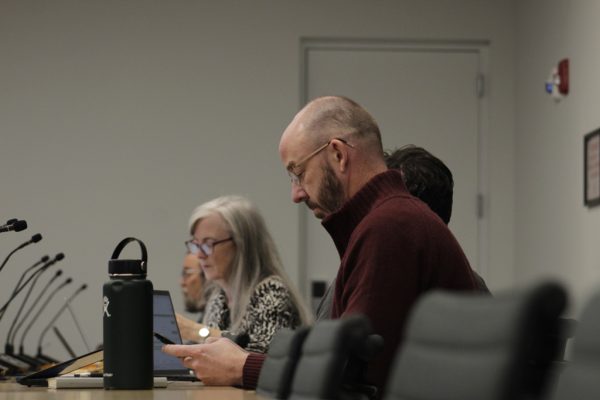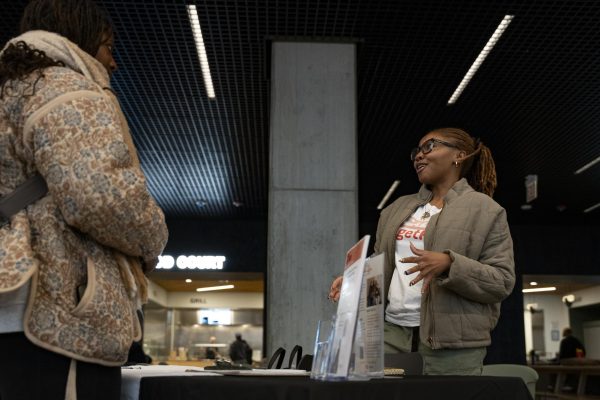More transparency, please
September 4, 2012
As a tuition payer who has virtually been handing over her family’s wallet to Columbia for the past three years, I feel like a pretty important component of this institution. However, if I hadn’t spent the last year digging my nose into the college’s business, I’d feel rather in the dark about what’s going on with my $100,000-plus investment.
Of course I’ve received very lengthy and explanatory notes in my Loop inbox from dear President Carter, which I trust he stayed up all night personally drafting himself. But I have given over a pretty hefty penny to ensure the existence of this college and I’d like to think I deserve a little more than a “message from the president” when something significant, like the prioritization process happens.
Students, this is the time to demand a thorough and ongoing conversation from the higher-ups of our college. Last year, we were often told not to worry about prioritization because “it won’t affect us,” since students in programs slated for elimination will have the opportunity to finish their majors before the program disappears. But in the future, how many of us will be jumping at the chance to donate our hard-earned cash to a college where our beloved program, to which we owe everything, no longer exists?
After last year’s state of the college address, Student Government Association president and senior journalism major Cassandra Norris pointed out that only about 100 people on a campus of approximately 11,500 students showed up for Carter’s address, saying that “if the majority of students didn’t like [the prioritization process], then more than a hundred should have came out.”
While I, too, would have liked to see more students at Carter’s address, I don’t think those 100 people should be dismissed as paltry. If one tuition-paying student has questions about what’s going on at Columbia, chances are other people are wondering the same thing. Every single student on this campus deserves an explanation, whether he or she asked for it or not.
Our administration should be a little more available to us students, rather than creeping around, making changes in the shadows and discouraging communication between faculty and students about those changes.
Luckily, it’s a brand-new academic year, and because Columbia’s mission is to perpetually “create change”—Carter’s favorite catch phrase—I expect the 2012-2013 academic year to be the year the administration adjusts its attitude about the student body. After all, it is our tuition dollars that pay the bills.






